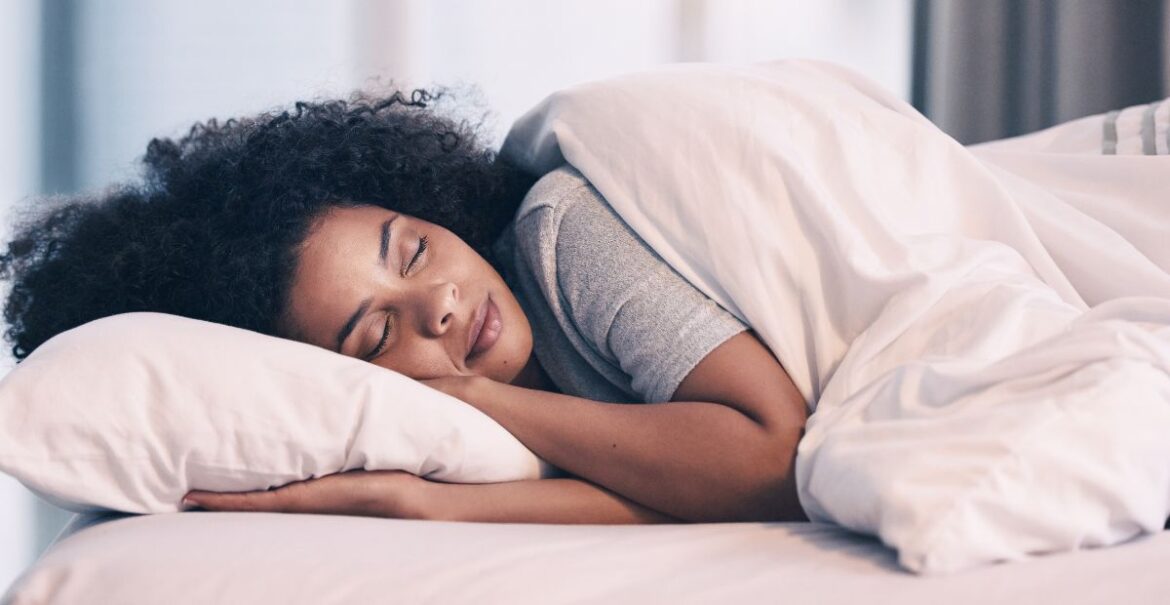We all know that a good night’s sleep leaves us feeling refreshed, alert, and energised. But in 2025, UK skincare experts are increasingly highlighting a connection that many overlook: the profound impact of sleep hygiene on skin health. It turns out that how well we sleep — and not just how long — plays a pivotal role in complexion, hydration, and overall skin vitality.
Understanding Sleep Hygiene
Sleep hygiene isn’t merely about clocking eight hours in bed. It encompasses the routines, habits, and environmental factors that support restorative sleep. Regular bedtimes, consistent wake-up times, a calm sleeping environment, and limiting exposure to screens and stimulants all contribute to high-quality rest. Poor sleep hygiene can disrupt circadian rhythms, elevate stress hormones, and compromise the body’s natural repair processes — including those critical to the skin.
Skin’s Nighttime Repair Process
The skin undergoes remarkable restorative activity while we sleep. During deep sleep stages, blood flow to the skin increases, delivering oxygen and nutrients. Growth hormones stimulate collagen production, helping maintain elasticity and smoothness. Cellular turnover accelerates, shedding damaged skin cells and repairing environmental damage accumulated during the day.
When sleep quality is poor, these processes are compromised. Collagen production slows, hydration decreases, and the skin becomes more prone to inflammation, irritation, and premature ageing. UK dermatologists report that chronic sleep disruption can contribute to dullness, fine lines, puffiness, and breakouts — even in clients who otherwise follow a meticulous skincare routine.
The Role of Circadian Rhythms
Circadian rhythms, the body’s internal clock, regulate many physiological processes, including skin functions. Skin cells follow a day-night cycle: daytime is for protection against environmental stressors like UV light and pollution, while nighttime is for repair and regeneration. Misaligned sleep schedules — late nights, inconsistent wake times, or irregular work shifts — can disrupt this rhythm, reducing the skin’s ability to recover.
Maintaining consistent sleep hygiene supports circadian alignment, ensuring that skin repair mechanisms operate at their peak. For UK clients, this insight has prompted a shift in beauty routines, with greater attention paid to evening rituals that support both relaxation and skin health.

